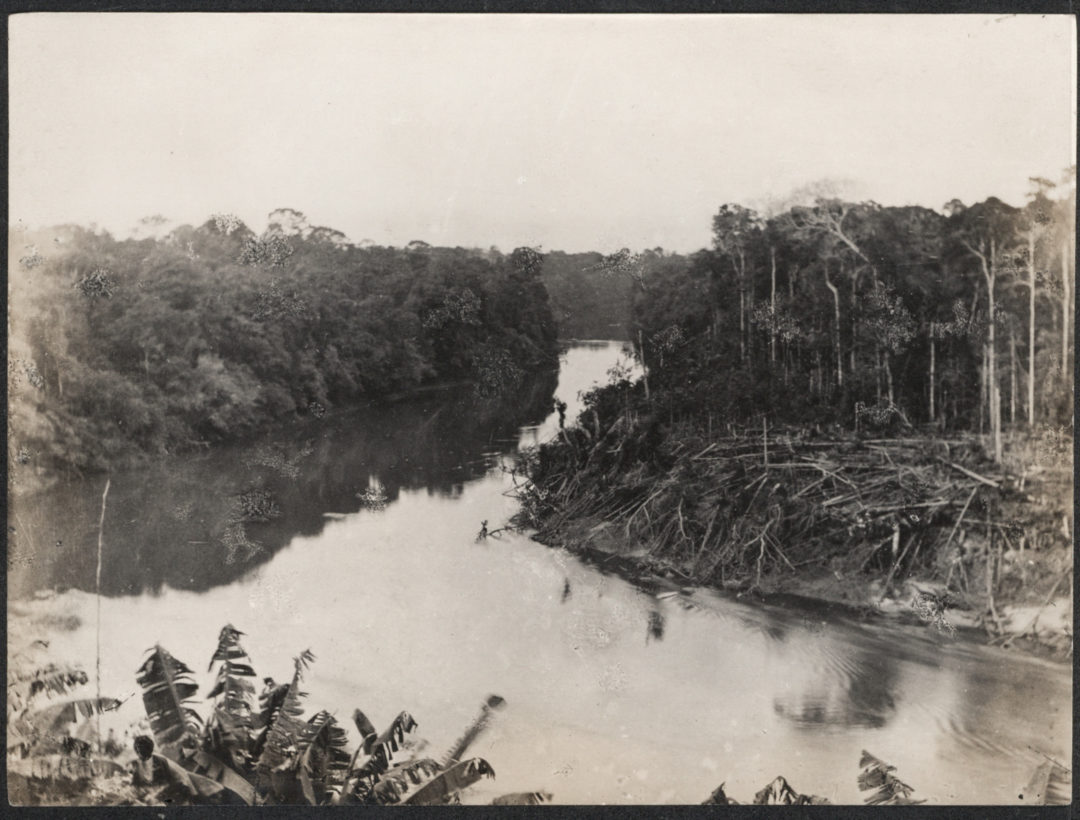Our North American colleagues at the American Anthropological Association produced the following clear, strong statement on Humanity and Climate Change. We fully support their statement.
Climate change creates global threats that affect all aspects of human life, including our health, homes, livelihoods, and cultures, as well as our physical environment. Threats of this magnitude affect our stability—our sense of cultural identity, our well-being, and our security. As the discipline most clearly devoted to the human condition over time and space, anthropology offers important insights that can help create workable solutions to mitigate the impacts of climate change. We put forth the following eight points for understanding the impacts of climate change from an anthropological perspective:
- Climate change is a present reality that alters our physical environment and impacts human cultures around the globe. Climate change is not a crisis of the distant future or a myth. It affects us now, at home and abroad.
- Climate change intensifies underlying problems—poverty and economic disparities, food and water security, and armed conflict—heightening these issues to the point of widespread crisis. Anthropologists predict climate change will accelerate migration, destabilize communities and nations, and exacerbate the spread of infectious diseases.
- We can expect to see widespread impacts on communities as they face dislocation and pressure to migrate. Climate change will challenge peoples’ cultures and beliefs as their sense of safety and daily habits are undermined by an increasingly unpredictable relationship with their environment. People in both developed and developing countries will feel the pressures. Those who have directly depended on natural resources for centuries—in high latitude/altitude areas, low-lying island nations, coastal environments, and other biomes— will have their lives most disrupted.
- While climate change affects all of Earth’s inhabitants, the impacts will fall unevenly and with particular weight on those already affected by existing vulnerabilities, including children, the elderly, those who live with handicaps and restrictive health conditions, and those who do not have sufficient means to move or change their lives. The most vulnerable will be uprooted or forced to move. As climate impacts intensify, public expenditures needed for emergency aid and restoration will escalate.
- Specific human actions and choices drive climate change by emphasizing fossil fuel as the primary energy source, creating a culture of consumerism, and favoring land use practices that undermine ecological resilience. Anthropologists recognize that humanity’s actions and cultures are now the most important causes of the dramatic environmental changes seen in the last 100 years. We consider this period the Anthropocene.
- The archaeological record reveals diverse human adaptations and innovations to climate stresses occurring over millennia, providing evidence that is relevant to contemporary human experience. The archaeological record shows that diversity and flexibility increase resilience to stress in complex adaptive systems, and that successful adaptations incorporate principles of sustainability.
- Climate change is a global problem with local and regional impacts that require local and regional solutions. Successful adaptation to climate change varies by locale even within regions experiencing similar environmental pressures. Thus, it is important for there to be community involvement in crafting, determining, and adopting measures for adaptation, not solely global and national governance and plans.
- Focusing solely on reducing carbon emissions will not be sufficient to address climate change—that approach will not address the systemic causes. Climate change is rooted in social institutions and cultural habits. Real solutions will require knowledge and insight from the social sciences and humanities, not only from the natural sciences. Climate change is not a natural problem, it is a human problem.
A PDF of this text can be downloaded from the AAA here.

